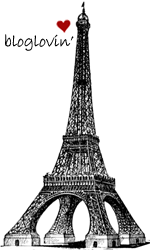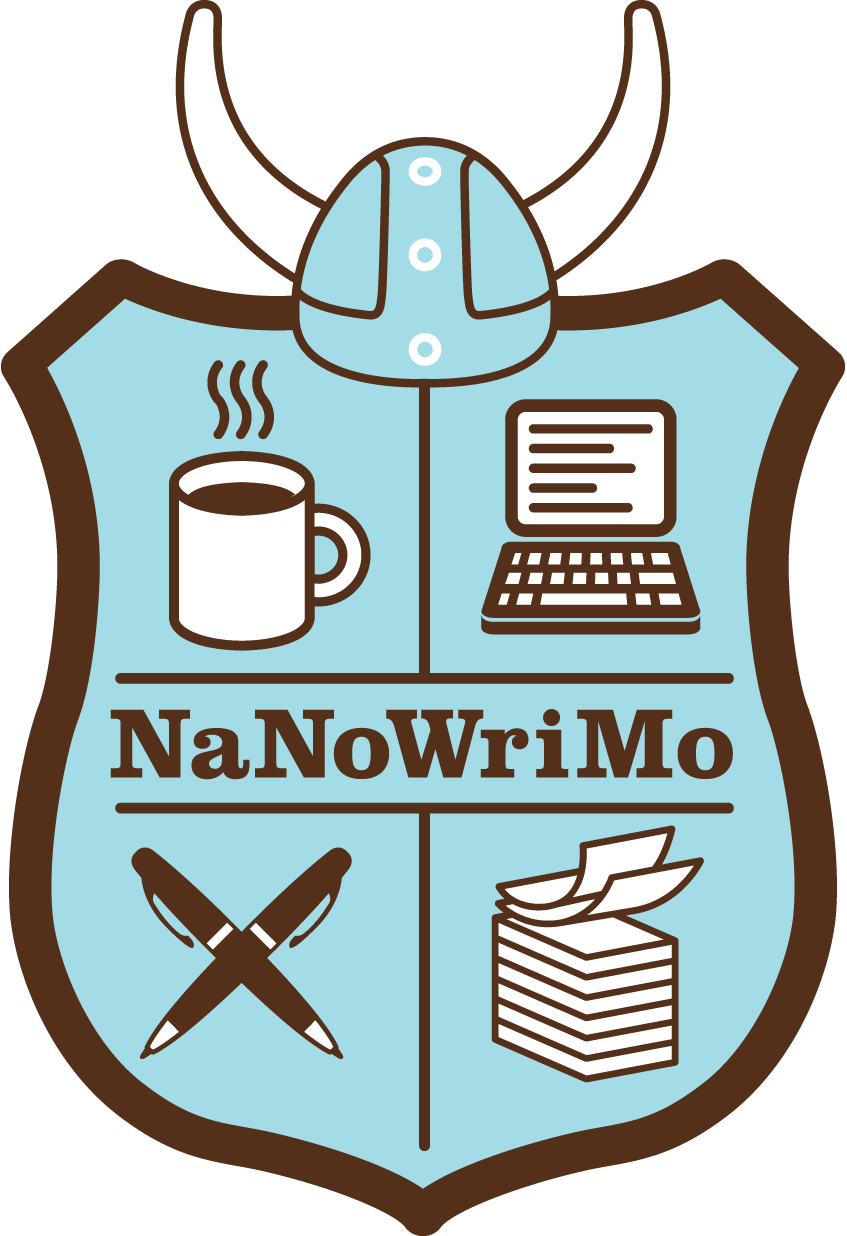Meet Pema Donyo.
Pema Donyo is the teen author of recently released YA romantic suspense The Innocent Assassins (Astraea Press, June '14) and forthcoming historical Western romance One Last Letter (Crimson Romance, Aug. '14). In other words, she's a coffee-fueled college student by day and a creative writer by night. As a rising sophomore at Claremont McKenna, she’s still working on mastering that delicate balance between finishing homework, meeting publisher deadlines, and… college. More of her musings on writing and reading can be found on her blog.
From Trashy Tales to Canon Critiques
"How a human being could have attempted such a book as the present without committing suicide before he had finished a dozen chapters, is a mystery. It is a compound of vulgar depravity and unnatural horrors."
- Graham's Lady Magazine (USA), July 1848, review of Wuthering Heights
It's no secret that public perception of a novel changes over time. When Lolita was released, reviewer John Gordon of Sunday Express deemed it "the filthiest book I ever read" and "sheer unrestrained pornography." Yet the novel also happens to be required reading for several of my college's literature courses. Today, Lolita has acquired "classic" status.
But what creates a classic? Is it immortal literary themes recurring time and again in every generation? Is it novels displaying sparkling wit and dialogue? Better yet - maybe it's just because (gasp!) readers just like them for some unexplained reason.
Jane Austen's novels are regarded as undeniable classics, but what's thrown the books into the waiting arms of Western canon is the ability of her novels to transcend time. They make great adaptations, and for good reason - they're classic situations which every generation of readers can relate to. They possess themes of love and loss and longing and (very properly hinted at) lust.
Yet what themes could be more lasting than sordid tales of sex or drinking or gambling? Erotica or "steamy romance" novels flood today's book industry in greater volumes than ever before. One of the early books to give a serious push of promotion to the popularity of erotica - whether you agree or not - is the infamous Fifty Shades of Grey by E. L. James.
The popularity of the Fifty Shades of Grey trailer had me thinking - "Wait, there are people that like these novels?!" (Also, how did they get Beyoncé to agree to that?!) So I did some research, thanks to Dr. Google. And yes, there are people who genuinely love E. L. James's books. They're not everyone's cup of tea, but all that matters is that they're someone's idea of a good read. They may be your favorite books!
But will it ever become required reading in college literature courses? It's impossible to tell. Cult classics cannot be defined and pointed to within our own time; canon status can only be reached a generation after the book has been published.
"Western canon" seems to be defined as the books which have proved the most influential in shaping Western society, yet most writers use "classics" and "canon" interchangeably. And rightly so. If a book has lasted the test of time and remained popular, there's gotta be some influencing-of-the-world going on in that span of time.
If we're going strictly by popularity (and ignoring the Fifty Shades craze for now), the Harry Potter novels are both generally well-liked and stand as candidates to last the test of time. They may not strictly "reflect our society" (though let's be real, who wouldn't want to go to Hogwarts and swap his or her life with a world reflected by the books?). Yet the same issue hasn't prevented sci-fi adventures or Gothic horrors from reaching canon. Last time I checked, there wasn't a ton in common between my life and Victor Frankenstein's, but that didn't stop my English teacher from assigning it to me.
Canon tends to hit at something deeper - human emotion. It's not so much about the exact experiences or settings that the reader relates to, it's (to use #fangirl speak): "THE FEELS." Readers can relate to Frankenstein's loneliness, regret, and anger. Readers understand Elizabeth's attraction toward Darcy. Canon literature forms from the reader's ability to relate to the character's emotions. If the reader can relate, the book remains popular.
Why do you think a book becomes a classic? (And do you think Fifty Shades could ever reach canon status?)
What do you think of Pema's take on this subject?
Visit her blog for more fangirl-ish yet insightful literary observations.
Comment for further discussion or continue the conversation via Twitter.









































